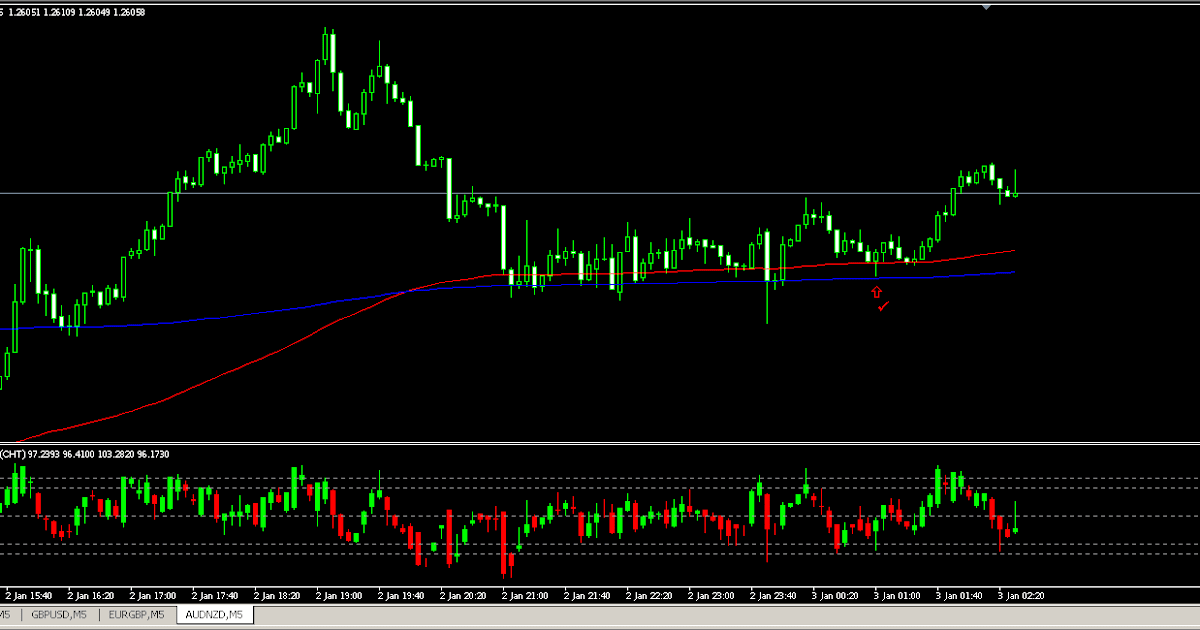Over-The-Counter (OTC) trades refer to securities transacted via a dealer network as opposed to on a centralized exchange such as the New York Stock Exchange (NYSE). These securities do not meet FOREX - over-the-counter currency trading. Unlike the exchange stock market, in which shares are traded, FOREX is its over-the-counter counterpart. This is a global market for currency trading, which mainly involves central banks of different countries and other financial institutions 03/07/ · Over-The-Counter (OTC) refers to a trade of securities that are not made on a formal exchange such as the New York Stock Exchange. The OTC trades are handled via a broker-dealer network that is contrasting to on an integrated business
OTC Definition | What Does Over-the-Counter Mean
Over-the-counter trading, or OTC trading, refers to a trade that is not made on a formal exchange. Instead, most OTC trades will be between two parties, and are often handled via a dealer network.
OTC trading is less regulated than exchange-based trades, which creates a range of opportunities, but also some risks which you need to be aware of. This differs from on-exchange trading, where you will see multiple buy and sell prices from lots of different parties.
The most popular OTC market is forex. Forex trading also takes place in over-the-counter markets as transactions are executed outside of a centralized exchange, forex over the counter. Instead, traders are able to buy and sell currencies through a network directly connecting various banks, dealers, and brokers. In over-the-counter markets, dealers, also known as market makersforex over the counter, buy and sell securities from their own inventories.
As such, if an investor wanted to buy or sell certain security, he would contact a dealer of the particular security and ask for an appropriate bid or ask price. In the U. The OTCBB, and other inter-dealer quotation networks such as Pink Quote, are regulated by the Financial Industry Regulatory Authority FINRA.
Trading stocks OTC can be considered risky as the companies do not need to supply as much forex over the counter as exchange-listed companies do. Forex trading is the simultaneous buying of one currency and selling another. When you trade in the forex Over-the-counter derivatives OTC derivatives are securities that are normally traded through a dealer Forex over the counter you guess what authorities have done to step up their stimulus efforts in the past couple of weeks?
How do we cope with volatility if it is always a lurking danger? When we are faced with high volatility, we must be ready for it. Not only must we be prepared for it, but we must also be ready for the challenges to our rationality that come with it.
What the heck is going on in Hong Kong and how can it affect your trades? Mixed performance for GBP thanks to the usual drivers of Brexit worries, weak U, forex over the counter. One never learns to understand anything but what one loves. Johann Wolfgang von Goethe.
Partner Center Find a Broker, forex over the counter. UPDATED: Who Has Done What for Their Economies Since the Coronavirus Pandemic Hit? Read More. Coping with Bitcoin Volatility How do we cope with volatility if it is always a lurking danger? GBP Weekly Review May 25 — 29 Mixed performance for GBP thanks to the usual drivers of Brexit worries, weak U.
The ONLY Risk Management Video YOU WILL EVER NEED...
, time: 15:14Over-The-Counter (OTC) Definition | Forexpedia by blogger.com

29/10/ · The OTC over-the-counter, or off-exchange, is a market where financial instruments (stocks, commodities, currencies, or cryptocurrencies) are traded directly between two counter-parties. Unlike stock exchange trading where securities are traded on physical public exchanges, OTC trading has no physical location. The over-the-counter market is a decentralized market and in contrast to Pros and cons of OTC trading Pros of OTC trading. The most popular OTC market is forex, where currencies are bought and sold via a network of banks, instead of on blogger.com means that forex trading is decentralised and can take place 24 hours a day, rather than being tied to Over-The-Counter (OTC) trades refer to securities transacted via a dealer network as opposed to on a centralized exchange such as the New York Stock Exchange (NYSE). These securities do not meet

No comments:
Post a Comment